Be the first to review “Bracelet with Matte Onyx and Spacer Beads in Illinois” Cancel reply
Related products
Men's Beaded Bracelets
Men’s Beaded Bracelets: Seiko 5 Automatic Silver-Tone Watch in New York
Men's Beaded Bracelets
Men’s Beaded Bracelets: Citizen Eco-Drive Silver-Tone Watch in New York
Men's Beaded Bracelets
Men’s Beaded Bracelets: Bulova Classic Quartz Silver-Tone Watch in New York
900 $

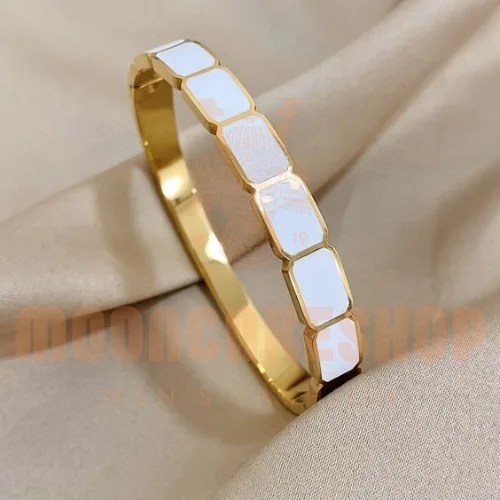


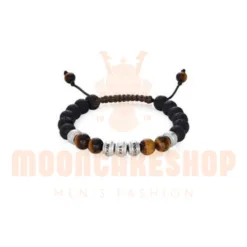
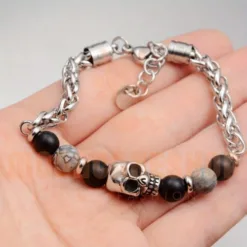
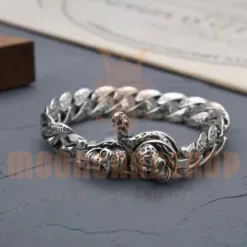
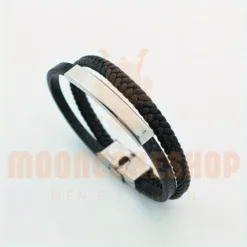

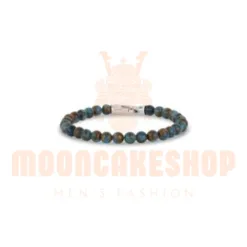
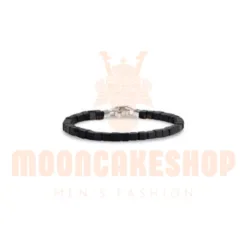
Reviews
There are no reviews yet.